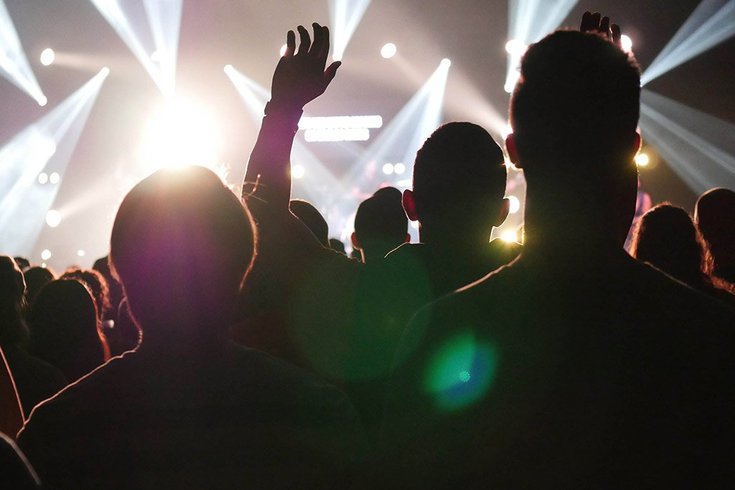
November 13, 2020
 picjumbo.com/Pexels
picjumbo.com/Pexels
Ticketmaster unveiled preliminary plans to screen event attendees for a COVID-19 vaccine or negative coronavirus test and connect that information to a person's ticket to determine if they are allowed admittance.
At the onset of the pandemic, the live entertainment industry screeched to a halt and hasn't picked up speed since.
However, pharmaceutical company Pfizer recently announced promising early test results for its COVID-19 vaccine, and that's is giving the industry's leaders hope going into the new year.
Ticketmaster has been developing a post-pandemic safety plan to get customers back to concerts. Billboard reported that includes using smart phones to verify its ticket-buyers have received a vaccine or tested negative for COVID-19 recently.within a 24- or 72-hour window.
This still in the development phase and would rely on Ticketmaster's mobile app, third party health information companies and testing and vaccine distribution providers.
Ticketmaster is part of the larger company Live Nation Entertainment, which also promotes concerts and operates venues, like The Fillmore Philadelphia, The Met, Tower Theater, the TLA and others. Its vision for screening attendees could be the future of accessing live entertainment like concerts, sporting events, and more.
Marianne Herman, co-founder and principal of the consulting firm reBUILD20, which is working businesses in the sports, entertainment and live events industries adjust for the pandemic and post-pandemic world, told Billboard:
"In order for live events to return, technology and science are going to play huge roles in establishing integrated protocols so that fans, artists, and employees feel safe returning to venues. Integrating ticketing platforms with the guests verified testing results is one key way to reimagine how we're going to get fans back to live events. The experience of attending live events will look completely different, but innovation married with consistent implementation will provide a framework to get the live sports and event industry back to work."
New technology will link a customer's identity to his or her ticket — meaning no paper tickets or reselling to new buyers — and help the process of granting event credentials run smoothly. They also plan to use its SmartEvent system which helps organizers plan for social distancing, timed entries and contact tracing. The specifics of these parameters will be set by regional health officials and event organizers.
Pfizer's clinical trials of its potential vaccine showed a 90% efficacy rate and the company is seeking approval from the Food and Drug Administration. If that's granted, millions of Americans could be vaccinated by the end of the year, according to the New York Times.
If Ticketmaster's plans move forward, fans would either have to prove they had received a coronavirus vaccine or prove they tested negative for COVID-19 within a 24 to 72 hour window — depending on local health authority guidelines. A vaccine would give one year of COVID-19 protection.
The goal is to have fans get pretested or vaccinated to avoid onsite testing.
If attendees choose to get tested, they would have to plan ahead and be tested either the day before or of the event. They would have to request the lab to deliver their results to a health pass company like CLEAR or IBM.
The health pass company would pass the test results on to Ticketmaster if the results are negative. Ticketmaster would issue the fan credentials to go to the event. If the fan tested positive, or didn't get tested or vaccinated, they wouldn't be allowed access to the event.
If an attendee has been vaccinated, they would be issued credentials as well.
Health pass companies are used in order to collect data from testing sites and deliver the status in a secure, Health Insurance Portability and Accountability Act – or HIPAA – compliant way.
Despite that the Food and Drug Administration has yet to approve third-party companies to provide this technology, Ticketmaster president Mark Yovich said the demand for these services in settings like airplanes, theme parks and offices, will create this technology from entrepreneurs.
"We're already seeing many third-party health care providers prepare to handle the vetting – whether that is getting a vaccine, taking a test, or other methods of review and approval – which could then be linked via a digital ticket so everyone entering the event is verified," Yovich told Billboard.